 |


|
A pocked-sized original from the Paperback Library, The Gay Crusaders was a collection of "in-depth interviews with 15 homosexuals - men and women who are shaping America's newest sexual revolution". The "gay crusaders" were, in order of appearance: 1. Troy Perry; founder, Metropolitan Community Church 2. Jim Owles; founding president, Gay Activists Alliance of New York 3-4 Phyllis Lyon & Del Martin; Daughters of Bilitis; authors, Lesbian/Woman 5. Craig Rodwell, founder, Oscar Wilde Memorial Bookshop; Stonewall veteran 6. Dick Michaels; founding editor, The Advocate 7. Frank Kameny; Mattachine Society Washington; first gay to run for Congress
Twenty-seven years later, we are impressed by the endurance of the "gay crusaders". Many members of this first generation of gay activists have survived into old age, unlike the second generation of activists which was tragically decimated by AIDS. Of the 15 "crusaders" Owles, Rodwell, Michaels, Robinson and Clarke are no longer with us. On the other hand, Perry still presides over his MCC, Evans continues to challenge us with his writings (his most recent one is The Critique of Patriarchal Reason), and Nichols is senior editor of GayToday, an on-line magazine published by Badpuppy. Randy Wicker still makes headlines as the founder of Clone Rights United Front (CRUF), a cloning rights organization. Lyon, Martin, Kameny and Gittings (along with her long-time partner, Kay Tobin Lahusen), while not as active as they used to be, are still with us, and still active as enduring role models and advocates for the rights of LesBiGay and Trans people. Recently television newsman Tom Brokaw wrote a book, The Greatest Generation, that honored the men and women who grew up in the Depression, fought in World War Two, and produced the postwar Baby Boom. In my opinion, the men and women who created the gay movement of the 50's and 60's are our community's "greatest generation". They dared to be out and proud at a time when virtually all of their contemporaries were hiding in the closet. Against great odds, they founded our community's first political, social, cultural and religious institutions; published our first newspapers and magazines; and pioneered the field of lesbian and gay studies.
They were idealists; with a zeal that made them less successful but more enduring than later, more practical, activists. It was their idealism, more than any actual achievement, that turned this group of fallible men and women into our community's heroes and legends. Though Owles and Robinson only spoke for a few when their GAA zapped its waythrough New York City, they became role models for many of us who were too young, too closeted, or too distant from the Big Apple to get involved. We who are active today stand on the shoulders of these giants. Last year a star-studded galaxy of pioneer lesbian and gay activists gathered at the Samuel Goldwyn Theater of the Academy of Motion Picture Arts and Sciences in Hollywood to celebrate the life of activist/author/archivist Jim Kepner, who recently died. Joining "gay crusaders" Perry, Lyon, Martin, Kameny, Nichols, Gittings and Tobin were Bob Basker, Lisa Ben, Malcolm Boyd, Vern Bullough, Hal Call, Flo Fleischman, Lee Glaze, Harry Hay, Dale Jennings, Phil Johnson, Bill Kelly, Judd Marmor, Eldon Murray, Ernie Potvin, Eddie Sandifer, Jose Sarria and Mark Segal. In addition to paying tribute to Kepner, this "summit" gave the survivors of the lesbian, gay, bisexual and transgender community's greatest generation an opportunity to gather together one more time. Remember these names. If we ever create a Gay and Lesbian Hall of Fame, these people should be the first ones in it. |

© 1997-99 BEI
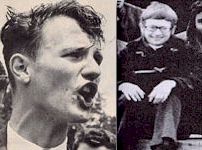 Randolfe Wicker and
Randolfe Wicker and 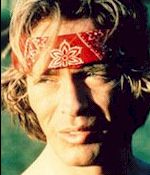 Lige Clarke
Lige Clarke 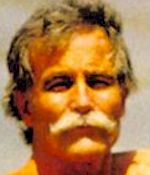 Jack Nichols
Jack Nichols 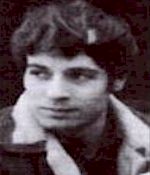 Marty Robinson
Marty Robinson 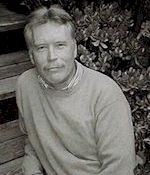 Arthur Evans
Arthur Evans 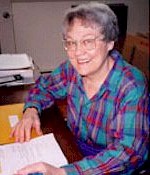 Barbara Gittings
Barbara Gittings